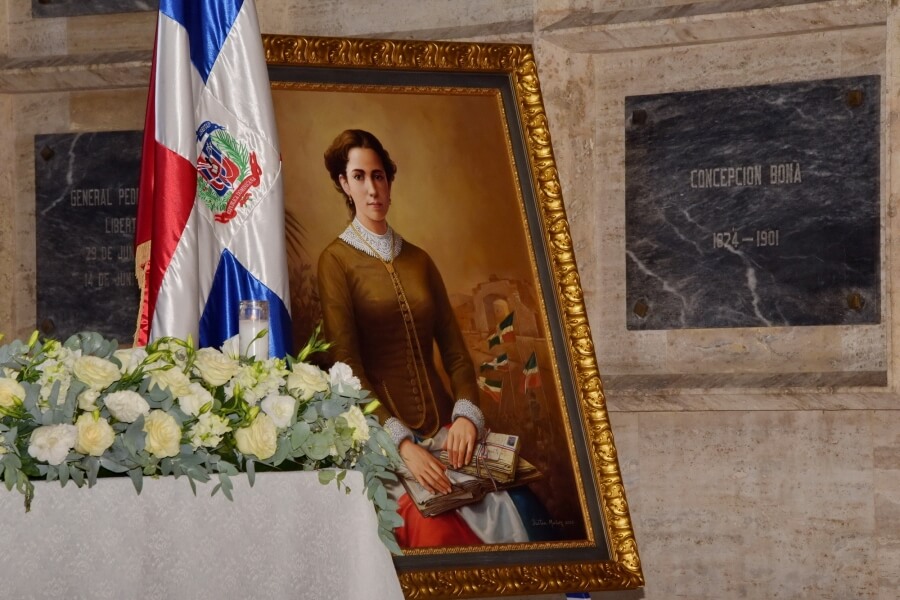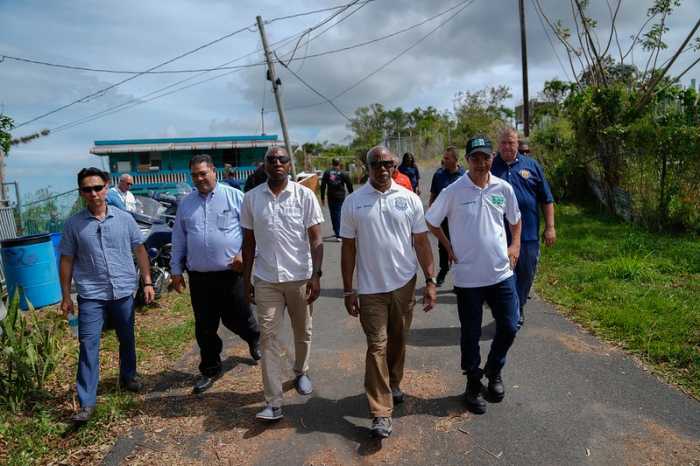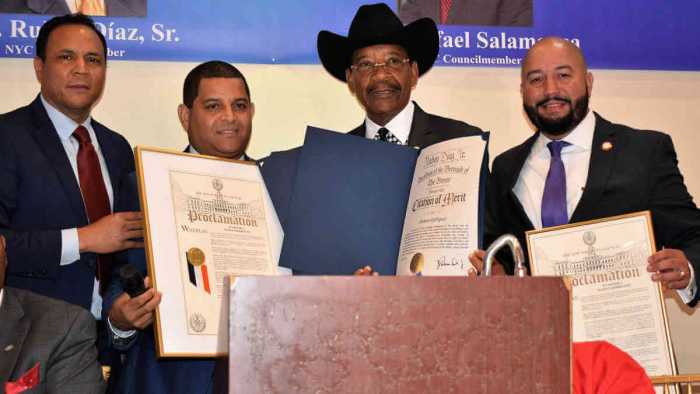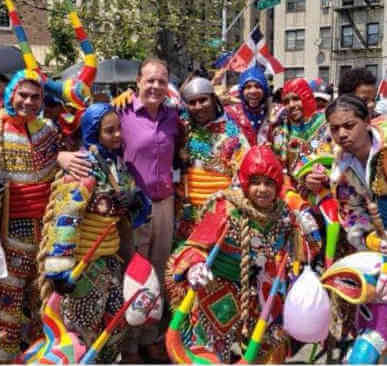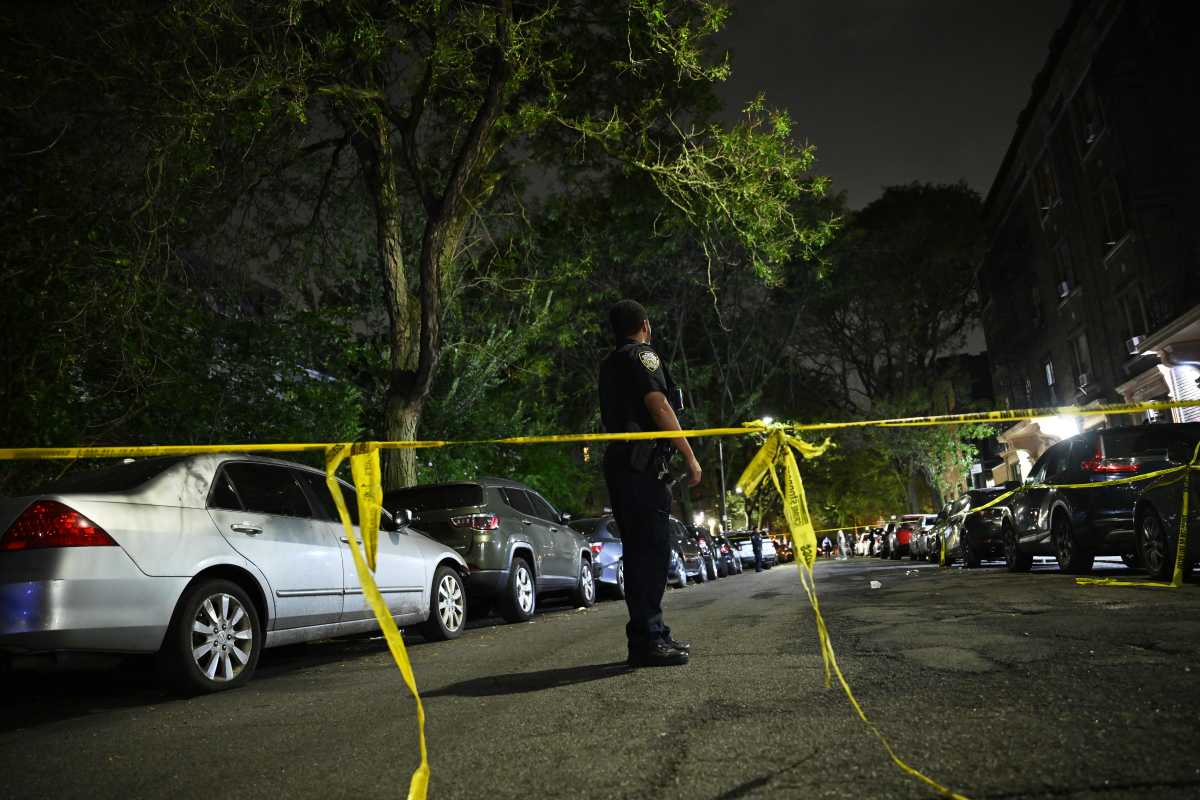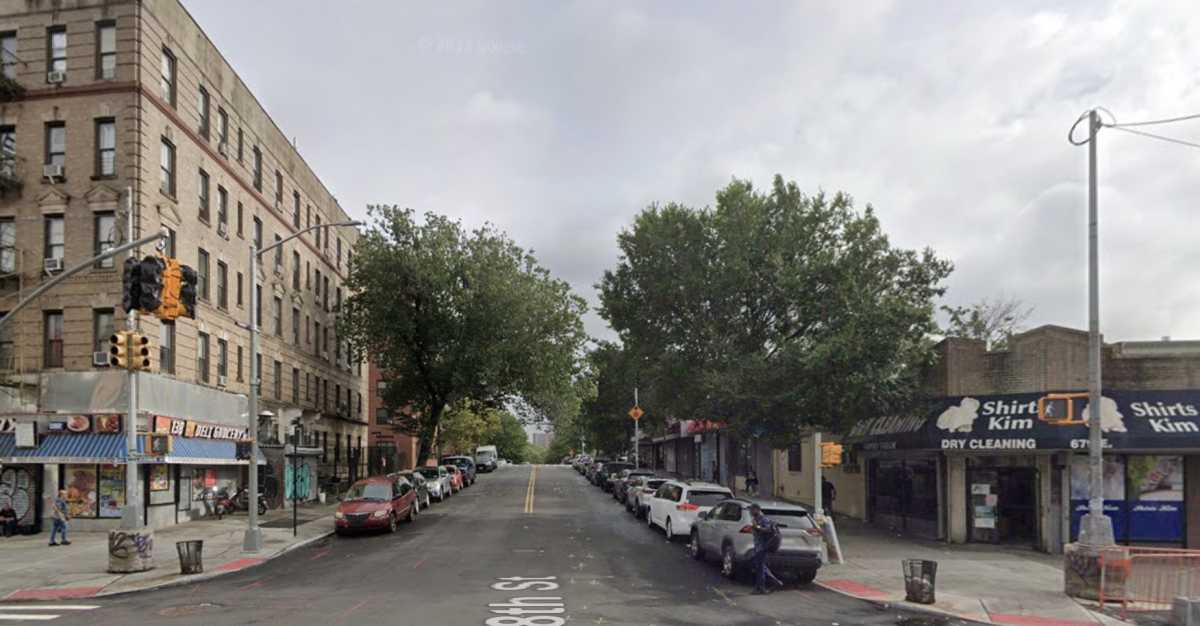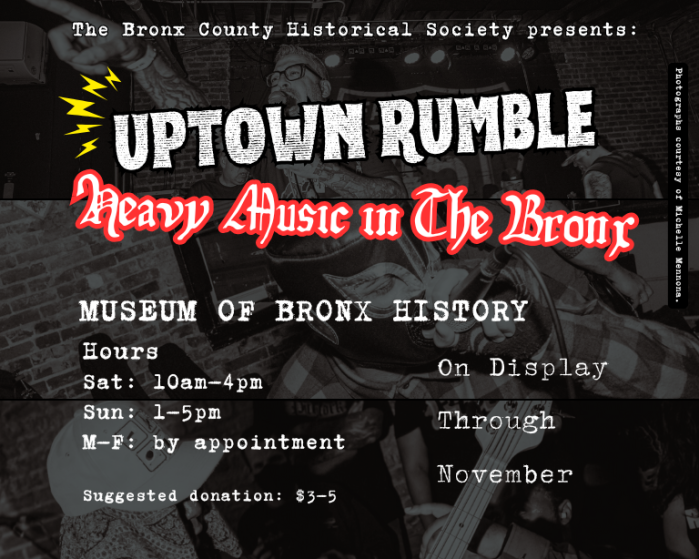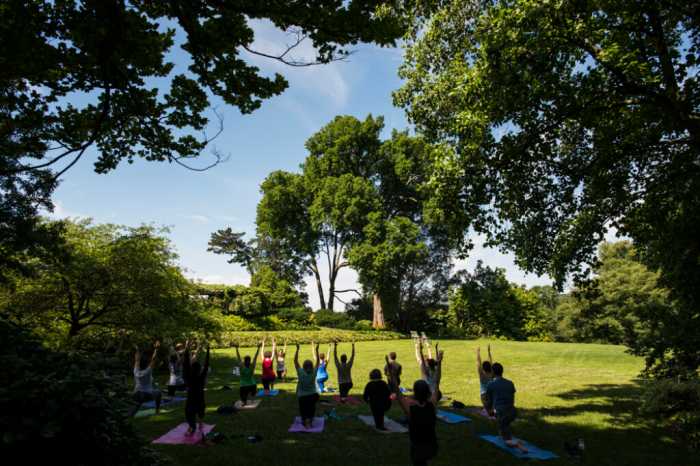One of the most important names in Dominican history is Juan Pablo Duarte, whose status as “father of the nation” was attained when he organized the Trinitario movement that eventually led to the Dominican revolt and independence from Haitian rule in 1844.
But not much is known about his sister Rosa Duarte, an unsung contributor to Dominican independence, who is finally receiving her just due thanks to the research done by the founders of the CUNY Dominican Studies Institute.
In February, during a panel titled “A Legacy of Advocacy: Dominican Women and their Struggle for Representation,” these scholars implored Hostos students at the college’s 55th anniversary eventto do more research into the contributions of Dominican women in the shaping of the nation’s cultural identity and independence, contributions that have been subject to erasure for decades.
Women like Rosa Duarte, who devoted her life to her brother’s patriotic cause by becoming an active member of the political and military independentist secret society La Trinitaria, but died in exile due to dysentery at 68, and without her body ever being found.
“Later on, in exile (in Venezuela), she preserved her brother’s papers, which included significant information about his leadership,” said Hostos Community College President Cocco De Filippis, who organized the panel last month. “Rosa Duarte must be remembered accordingly as the Mother of the Dominican Republic.”
Rosa Duarte’s contributions toward the Dominican nation are considered by the historians as the “New Testament” of Dominican history.

The CUNY Dominican Studies Institute was founded in 1992 by the Council of Dominican Educators, community activists and academics to address the lack of veritable information on Dominican history in the United States. It is the first university-based research institution in the U.S. focusing on the study of Dominican life outside of the Dominican Republic.
CUNY’s program has centered much of its work on uncovering the importance of blackness and femininity in Dominican history, which can be traced from La Española — the first European colony in the Americas whose territory is shared today by the Dominican Republic and Haiti — through the diaspora to New York.
Researchers like Dr. Ramona Hernández, director of the CUNY program, shared the story of Manuela Aybar, who is credited with founding the first privately-owned printing press in the Dominican Republic during the 19th century.
“The main goal of this platform will be to disseminate the little known story of how the first Black-African dwellers of the Americas in modern times (that is, after the arrival of Columbus in 1492) lived, worked, struggled, survived, produced a culture, died and left a long-lasting legacy that has become an integral part of Dominican culture and of the cultures of the Americas,” said Hernández.
Another researcher and chief librarian of CUNY Dominican Studies Institute Library, Sarah Aponte, has created archives such as a bilingual open-source database First Blacks in the Americas. Much of her research documents the stories of those enslaved in Hispaniola during the first years of Spanish and French colonization, which has helped uncover unknown facts about revolutionary women in Dominican history.
Chiqui Vicioso, a writer, posted that presented her findings on women from colonial times to the present, and invited Hostos students to contribute to studies about Dominican women.
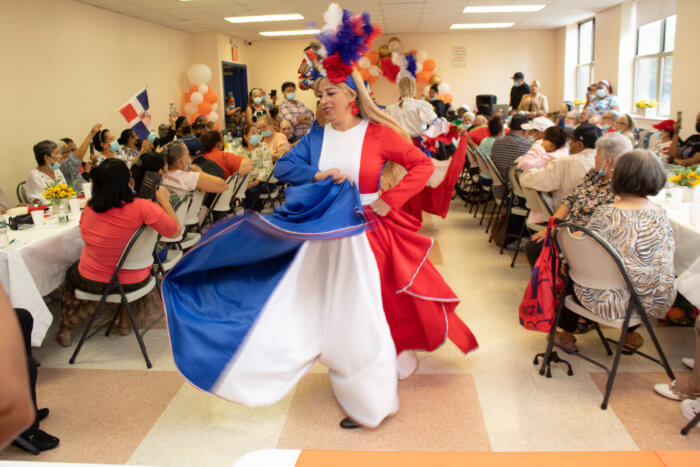
Hostos, which is located in the the Bronx — home to the largest Dominican population in the U.S. — is aiming to become an epicenter for first-generation Dominicans and third- and fourth-generation Dominican Americans to be in touch with their roots.
And for historians, combating sentiments of anti-blackness and colorism within Dominican circles is to uncover the roots of blackness within Dominican identity. The Dominican Republic is the birthplace of both slavery and the first enslaved people’s uprising in the Americas.
“In Dominican society, being Black is synonymous with a past that we want to avoid. Being Black is an open wound for Dominicans, an open wound that no one wants to talk about,” said Fernanda Berihuete, an Afro-Dominican historian committed to challenging the erasure of African heritage and Blackness in the Dominican Republic.
Historians mark a turning point of Dominican identity as one straying from blackness in the 19th century, as white elite leaders of the young Dominican Republic seeking to differentiate themselves from Haiti, portrayed themselves as a mixed race rather than Black.
Wilfredo José Burgos-Matos, a spokesperson for Hostos college and a Dominican studies scholar, is hopeful due to the access of online databases and the teaching of Dominican history in CUNY curriculum that the contributions and identity of Dominican femininity and blackness can be told and explored for future generations.
“The Dominican Republic, regardless of machismo, is very matriarchal and women are the ones that make sure things happen for their kids, for their culture and their upbringing,” said Burgos-Matos. “These stories and these ‘sheros’ are necessary because you never know how important your contribution as a Dominican woman, as a Black woman to your community is. How vital the role of these woman were to our identity.”
Reach Robbie Sequeira at rsequeira@schnepsmedia.com or (718) 260-4599. For more coverage, follow us on Twitter, Facebook and Instagram @bronxtimes.

